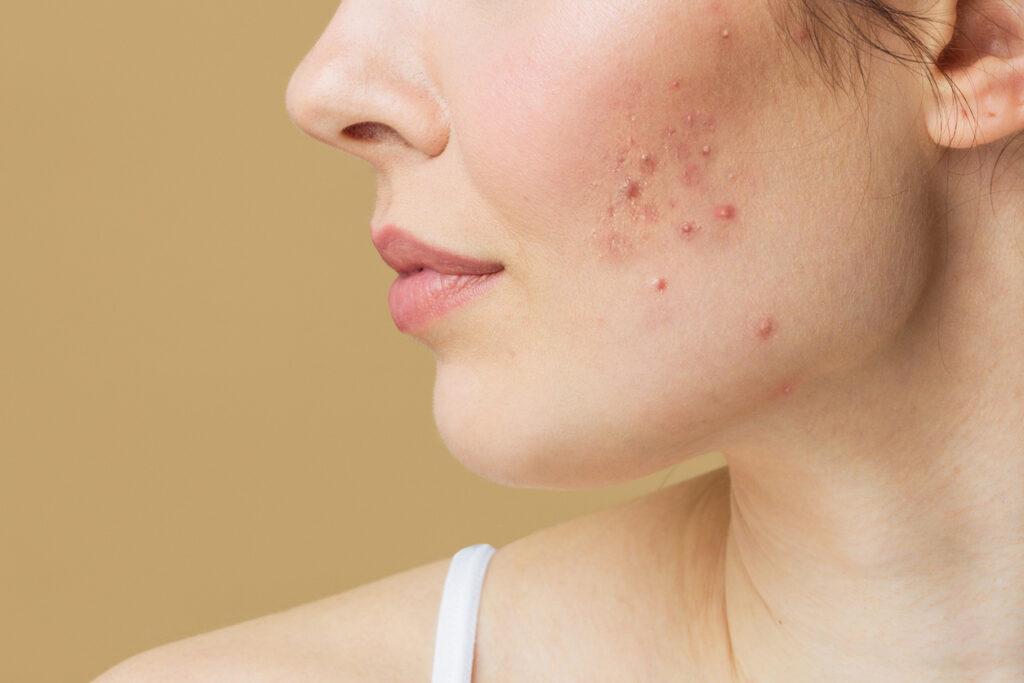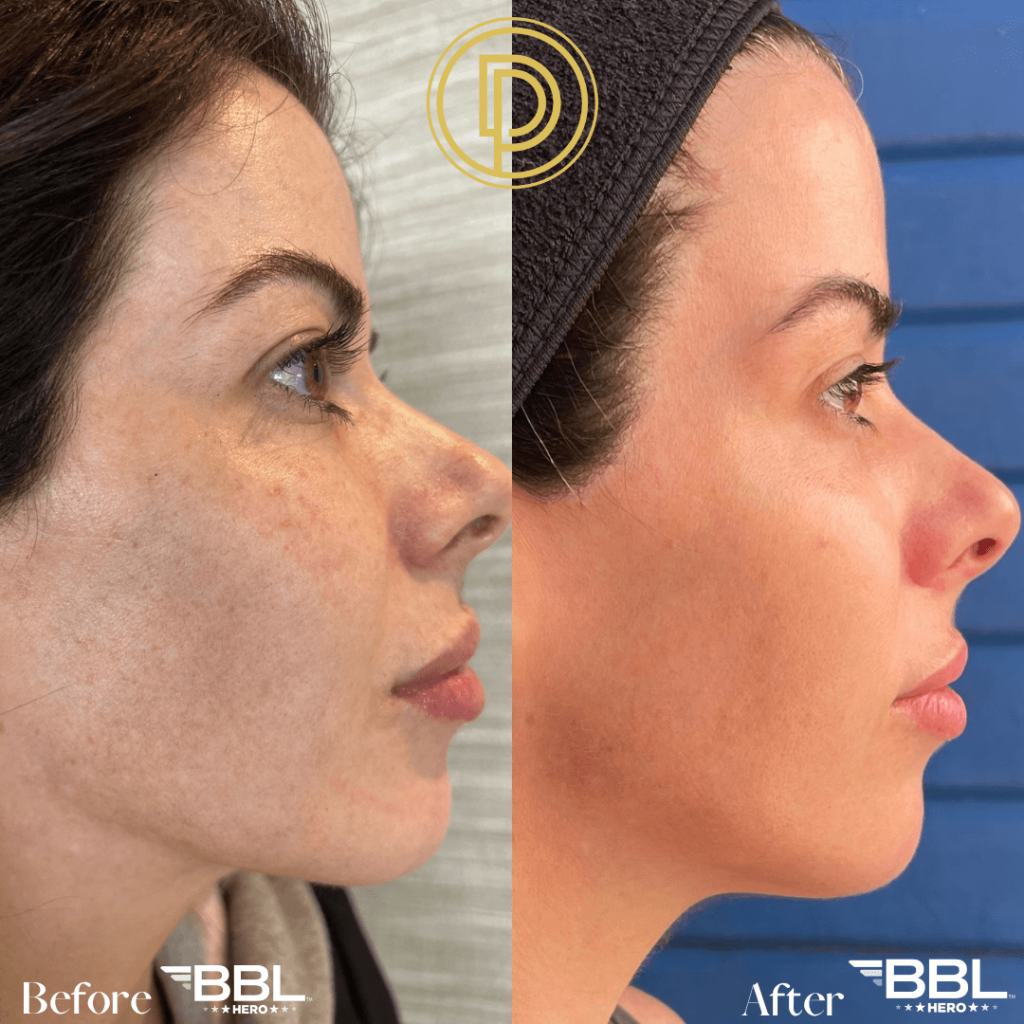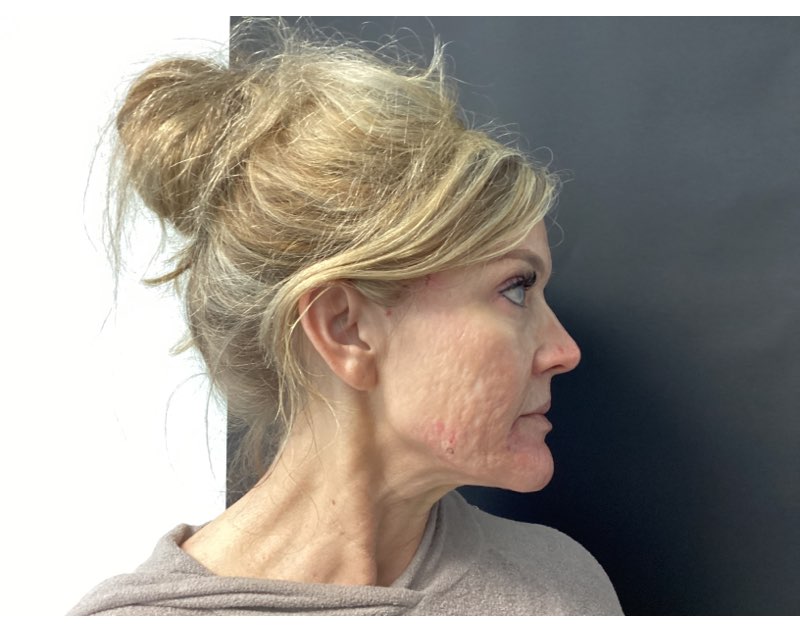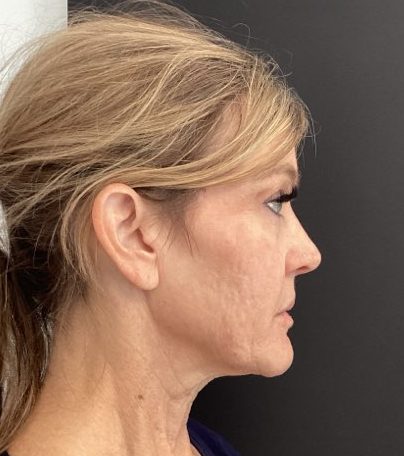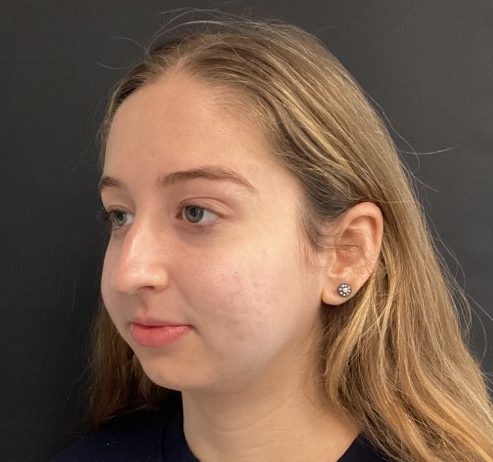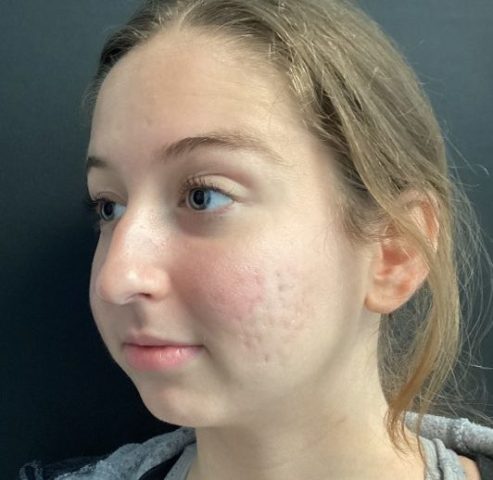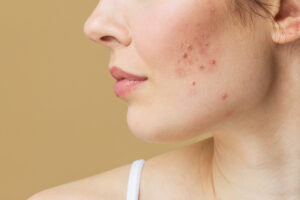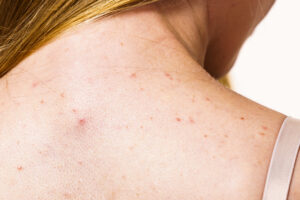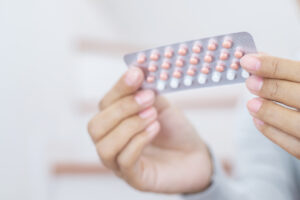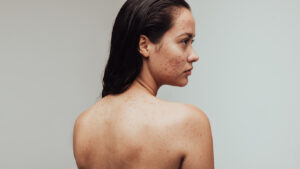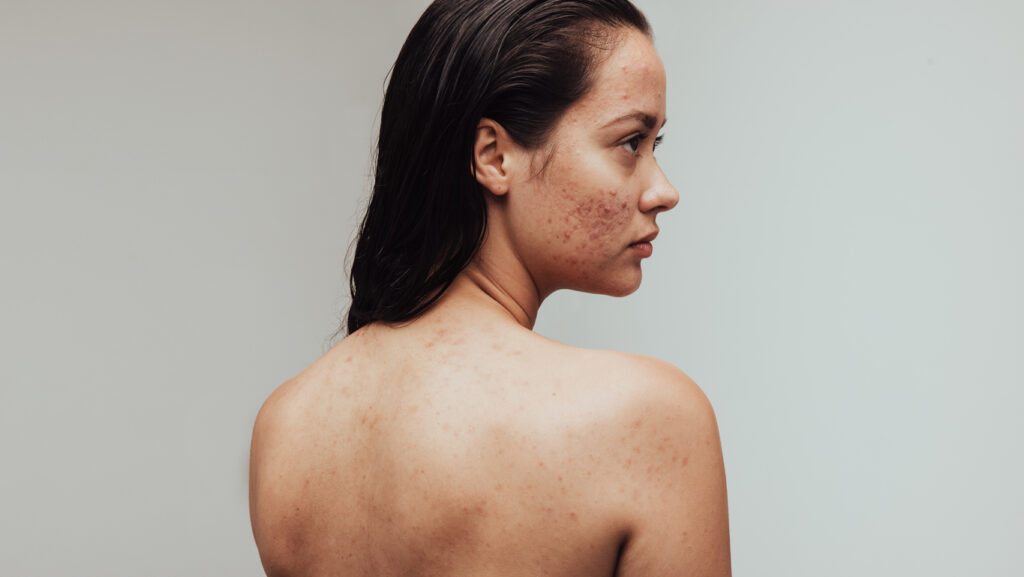Banish Acne with BBL Forever Clear
Have you struggled to control acne breakouts with over-the-counter products or medications? If so, it’s time to explore the advantages of Broad Band Light (BBL) for acne.
Forever Clear BBL brings award-winning technology to treat the root cause of active acne. This advanced laser by Sciton banishes breakouts in a way that no medication or topical product can. A multi-pass approach allows our dermatologists to safely and comfortably eliminate acne, redness, and scarring that blemishes can leave behind.
How does BBL laser for acne work?
Pimple-causing bacteria are eliminated with a blue BBL light that penetrates deep into the skin’s sebaceous glands. The next pass delivers yellow broadband light energy to ease redness and inflammation. Finally, the targeted area receives the third pass of infrared light to stimulate the body’s innate healing process. Skin cells are regenerated, inflammation fades, and acne-causing bacteria are all a thing of the past. Three passes of BBL laser are all it takes to promote clearer, blemish-free skin–without harsh creams or oral medication.
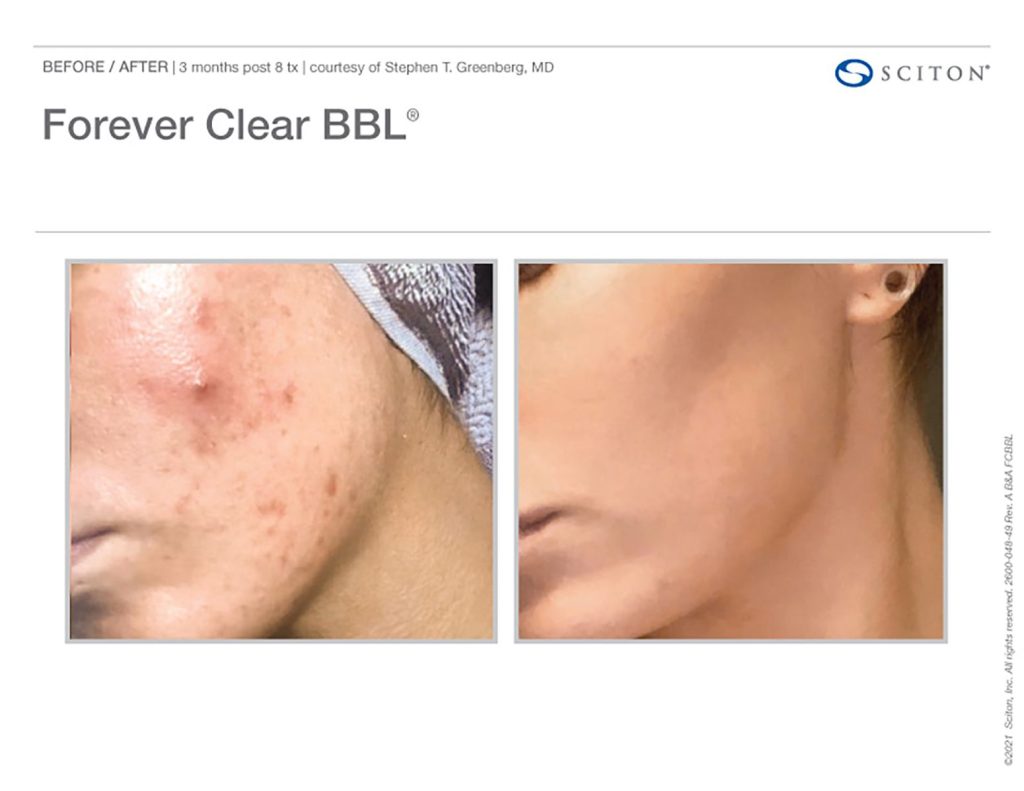
What are the benefits of BBL for acne scars?
A key benefit of the BBL Forever Clear acne treatment is that it’s highly customizable. Our dermatologists can treat everything from hormonal breakouts to acne scarring in a single session. Shorter pulse widths improve safety, and new collagen production will help reduce the appearance of acne scars for smoother, more evenly textured skin.
Who is a good candidate for BBL laser for acne?
BBL Forever Clear is safe for all skin types, making this an effective acne treatment for men and women of all ages who struggle with active acne and want to reduce future breakouts. This laser treatment is also safe for adolescents as young as 16. It also works well to clear up post-inflammatory redness once the acne is well controlled with prescriptions topicals or systemic medications such as oral isotretinoin.
Our dermatologists will evaluate your skin, and acne causes to develop a personalized treatment plan to achieve your goals.
View this post on Instagram
How long does BBL laser for acne scars take?
Acne treatments with the BBL Hero are quick. Depending on the area being treated, you can have your session completed in 15-45 minutes, making this a convenient lunch-hour procedure.
What areas can be treated with Forever Clear BBL?
This cutting-edge treatment can zap acne anywhere on the body but is most commonly used on the face, neck, back, and chest.
Is Broad Band Light for acne painful?
BBL Forever Clear was designed to be extremely gentle on the most sensitive skin. The cooling handpiece minimizes discomfort, and no anesthetic is needed.
How many BBL acne treatments do I need?
The number of BBL laser treatments needed to achieve luminous, clear skin will depend on the severity of your acne and the presence of scarring. However, most patients will benefit from at least four BBL acne treatments, with semi-annual sessions to maintain results.
What is recovery like?
Acne treatment with BBL is minimally invasive, meaning a couple of days of redness and minor swelling that can be covered with mineral makeup. Our patients appreciate that downtime is virtually non-existent.
As with any IPL or laser acne treatment in Dallas, it’s crucial to limit sun exposure and wear a quality sunblock afterward.
BBL acne treatment in Dallas
If you would like to learn more about BBL Forever acne treatment with leading medical and cosmetic dermatologists, we encourage you to schedule a private consultation. Our Addison office is centrally located to serve residents throughout the greater Dallas-Fort Worth metroplex. Banish breakouts with the power of BBL and book your Dallas dermatology appointment today.
Banish Acne with BBL Forever Clear Read More »

